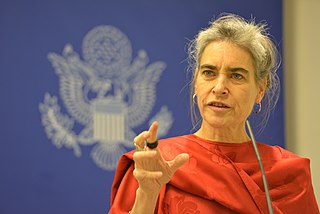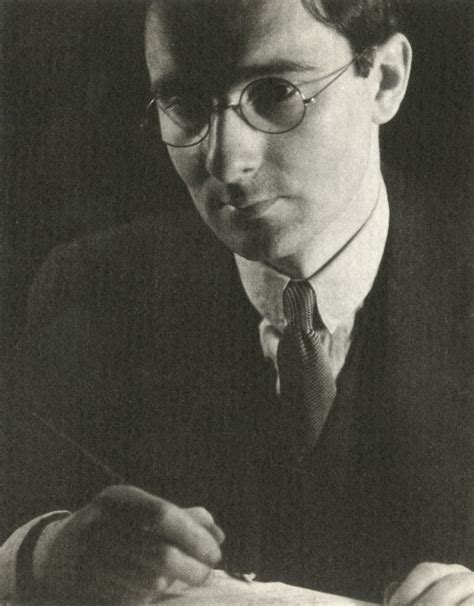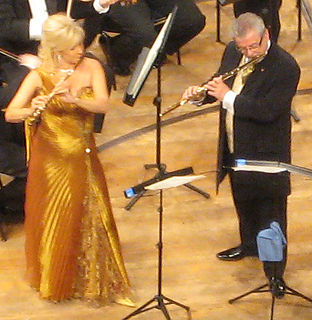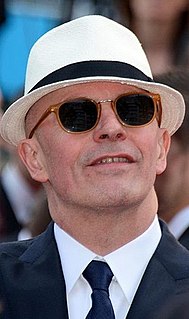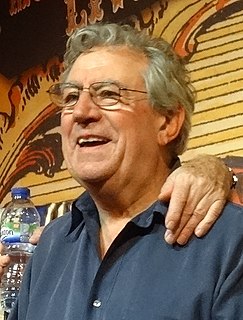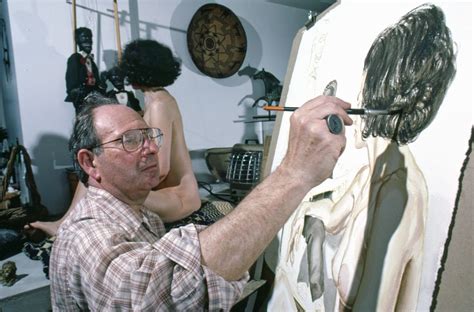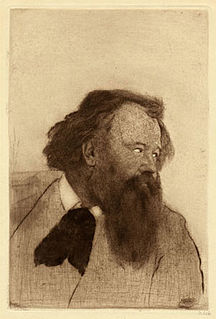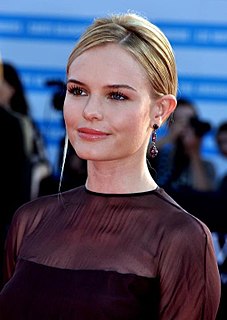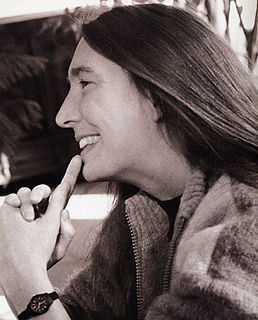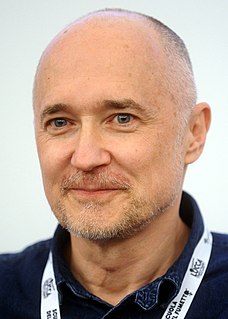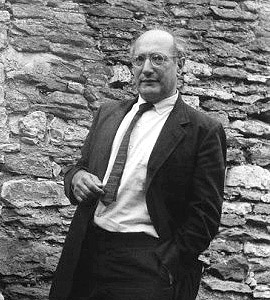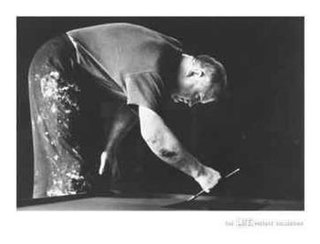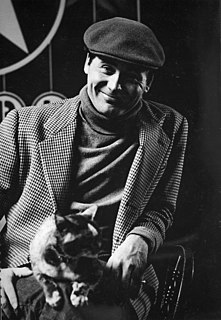Top 1200 Abstract Expressionism Quotes & Sayings - Page 2
Explore popular Abstract Expressionism quotes.
Last updated on November 15, 2024.
Corruption is a fact of life in America as in Afganistan, but as American citizens, if we are white, we tend to experience it as an opportunity cost. I live in Washington, DC, where the city council is notoriously corrupt. But how do I experience that? Maybe in streets that are not as well paved as they could be, maybe in a bridge that costs a lot more money than it should have. That's a little bit abstract - shocking, of course - but still abstract.
Sometimes the things I learn making paintings or drawings - composition, colour, expressionism, texture - can directly influence the making of a film. Sometimes it's great that they are different, and simply taking a break from one medium to spend time with another, recharges the batteries and I feel refreshed.
Truth is that concordance of an abstract statement with the ideal limit towards which endless investigation would tend to bring scientific belief, which concordance the abstract statement may possess by virtue of the confession of its inaccuracy and one-sidedness, and this confession is an essential ingredient of truth.
In abstract mathematics or abstract art, the purpose is to describe inner states of our mind, and to explore the limits of our own imagination and our capacity for creativity. While this has some applications in the world, I think it leads to a distance from the world. Going to Congo was for me an act of seeking proximity, of breaking that distance. With abstraction, which is brilliant and vain, you divorce yourself from any kind of proximity to other people.
For centuries, we in the West have thought of ourselves as rational animals whose mental capacities transcend our bodily nature. In this traditional view our minds are abstract, logical, unemotionally rational, consciously accessible, and, above all, able to directly fit and represent the world. Language has a special place in thie view of what a human is - it is a privileged, logical symbol system internal to our minds that transparently expresses abstract concepts that are defined in terms of the external world itself.
For what reason then do the realists show themselves so unfriendly toward philosophy? Because they misunderstand their own calling and with all their might want to remain restricted instead of becoming unrestricted! Why do they hate abstractions? Because they themselves are abstract since they abstract from the perfection of themselves, from the elevation of redeeming truth!
Life holds many, many, many mysteries, abstract things we all think about. In a film when things get abstract, some people don't appreciate that and they want to leave the theater. Others love to dream, get lost, try to figure things out. I'm one of those people. I like a film, a story that holds concrete things but also abstractions. So when ideas come along that have those things, I'm falling in love and going to work.
I was at Rutgers University, and that was a center for Fluxus in a way. But it wasn't what I was interested in. All of it had an impact - as did happenings - because I could see that art was changing from expressionism, which I was doing at the time, or thought I was doing. But it wasn't the direction I really wanted to go.
I have spent much time in the study of the abstract sciences; but the paucity of persons with whom you can communicate on such subjects disgusted me with them. When I began to study man, I saw that these abstract sciences are not suited to him, and that in diving into them, I wandered farther from my real object than those who knew them not, and I forgave them for not having attended to these things. I expected then, however, that I should find some companions in the study of man, since it was so specifically a duty. I was in error. There are fewer students of man than of geometry.
Jazz musicians like John Coltrane needed these very clear titles for their abstract music, and your decision to bring voices into your music as a way to tap into content. It's related to the way my text-based work still functions as abstraction for me. If I repeat a sentence down a canvas, the text starts to smudge and disappear. It essentially becomes an abstract piece. The meaning of the text is still there.
I don't know why you'd want to say your work comes from nature, because art is related to perception, not nature. All abstract artists try to tell you that what they do comes from nature, and I'm always trying to tell you that what I do is completely abstract. We're both saying something we want to be true.
Reggae, oh man. It's the ultimate music. The positivity. The musicality. The whole cultural expressionism of it. The danceability. Just the cool factor. The melody factor. Some of it comes from a religious place. If there were a competition of who makes the best religious music, it would definitely be the Rastafarian reggae.
There are several kinds of truths, and it is customary to place in the first order mathematical truths, which are, however, only truths of definition. These definitions rest upon simple, but abstract, suppositions, and all truths in this category are only constructed, but abstract, consequences of these definitions ... Physical truths, to the contrary, are in no way arbitrary, and do not depend on us.
I'm not so interested in this series of ruptures, where minimalism took over pop art, and then neo-expressionism was a triumph over that. I'm not interested in rupture - I'm interested in healing, bringing things together, building bridges. Not dismissing what has come before as a kind of modernist precedent, where one thing has to be broken in order to achieve something else. I don't believe in that kind of attitude. I think we're beyond that at this stage.
I remember one occasion when I tried to add a little seasoning to a review, but I wasn't allowed to. The paper was by Dorothy Maharam, and it was a perfectly sound contribution to abstract measure theory. The domains of the underlying measures were not sets but elements of more general Boolean algebras, and their range consisted not of positive numbers but of certain abstract equivalence classes. My proposed first sentence was: "The author discusses valueless measures in pointless spaces."
Abstract reason, formerly the servant of practical human reasons, has everywhere become its master, and denies poetry any excuse for existence.
Though philosophers like to define poetry as irrational fancy, for us it is practical, humorous, reasonable way of being ourselves. Of never acquiescing in a fraud; of never accepting the secondary-rate in poetry, painting, music, love, friends. Of safeguarding our poetic institutions against the encroachments of mechanized, insensate, inhumane, abstract rationality.
The rejection of all abstract formalism. Materialism reminds every science of its real source: the world men transform. No science can, whether in its history or its object, grasp its own origins within itself or constitute itself as a closed world, exhaustively defined by internal rules. Materialism refers every science and every activity to the reality they depend on, even if this dependence is masked by a great many abstract mediations: mathematics as well as logic, aesthetics as well as ethics and politics.
Global inequality is such an abstract concept, simply because there is no global government. Telling people in rich countries who have had no increase in real incomes, stagnant median wages and so on, that on the other hand global inequality is going down because people who are much poorer than them are getting richer - it's something that maybe they would like in an abstract sense, because everyone is happy there are fewer poor Chinese, but you may not be as happy if these Chinese are taking your job.
Modern transcendental idealism, Emersonianism, for instance, also seems to let God evaporate into abstract Ideality. Not a deity in concreto, not a superhuman person, but the immanent divinity in things, the essentially spiritual structure of the universe, is the object of the transcendentalist cult. In that address of the graduating class at Divinity College in 1838 which made Emerson famous, the frank expression of this worship of mere abstract laws was what made the scandal of the performance.
Ivan Ilych saw that he was dying, and he was in continual despair. In the depth of his heart he knew he was dying, but not only was he not accustomed to the thought, he simply did not and could not grasp it. The syllogism he had learnt from Kiesewetter's Logic: "Caius is a man, men are mortal, therefore Caius is mortal," had always seemed to him correct as applied to Caius, but certainly not as applied to himself. That Caius - man in the abstract - was mortal, was perfectly correct, but he was not Caius, not an abstract man, but a creature quite, quite separate from all others.
Compared with men, it is probable that brutes neither attend to abstract characters, nor have associations by similarity. Their thoughts probably pass from one concrete object to its habitual concrete successor far more uniformly than is the case with us. In other words, their associations of ideas are almost exclusively by contiguity. So far, however, as any brute might think by abstract characters instead of by association of con cretes, he would have to be admitted to be a reasoner in the true human sense. How far this may take place is quite uncertain.
The one object of fifty years of abstract art is to present art-as-art and as nothing else, to make it into the one thing it is only, separating and defining it more and more, making it purer and emptier, more absolute and more exclusive - non-objective, non-representational, non-figurative, non-imagist, non-expressionist, non-subjective. the only and one way to say what abstract art or art-as-art is, is to say what it is not.
I'm really creating abstract shapes and relationships that work together. They come together and give the illusion of reality, but they're really abstract shapes. If you look at individual shapes, they aren't the shape of anything, but together they give you the illusion of hills and sun and flowers.
Education as the practice of freedom--as opposed to education as the practice of domination--denies that man is abstract, isolated, independent and unattached to the world; it also denies that the world exists as reality apart from people. Authentic reflection considers neither abstract man nor the world without people, but people in their relations with the world. In these relations consciousness and world are simultaneous: consciousness neither precedes the world nor follows it.

